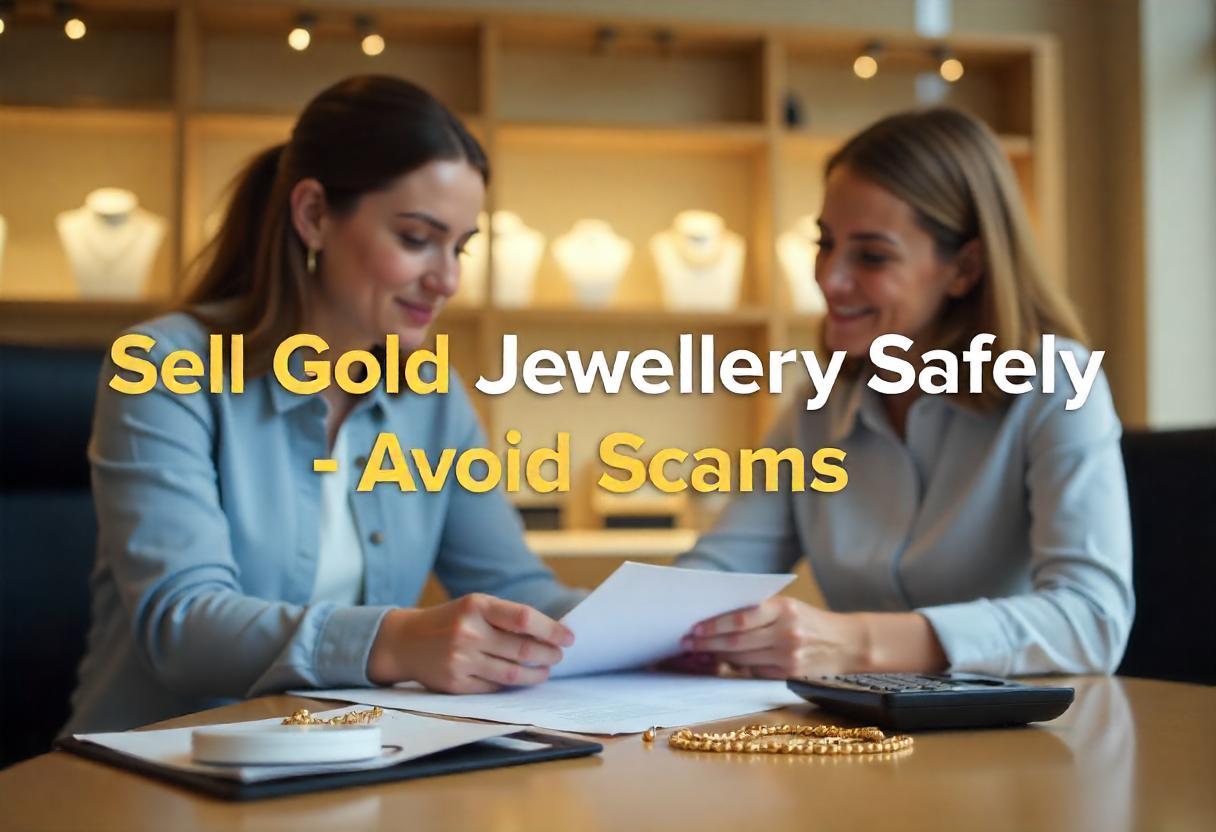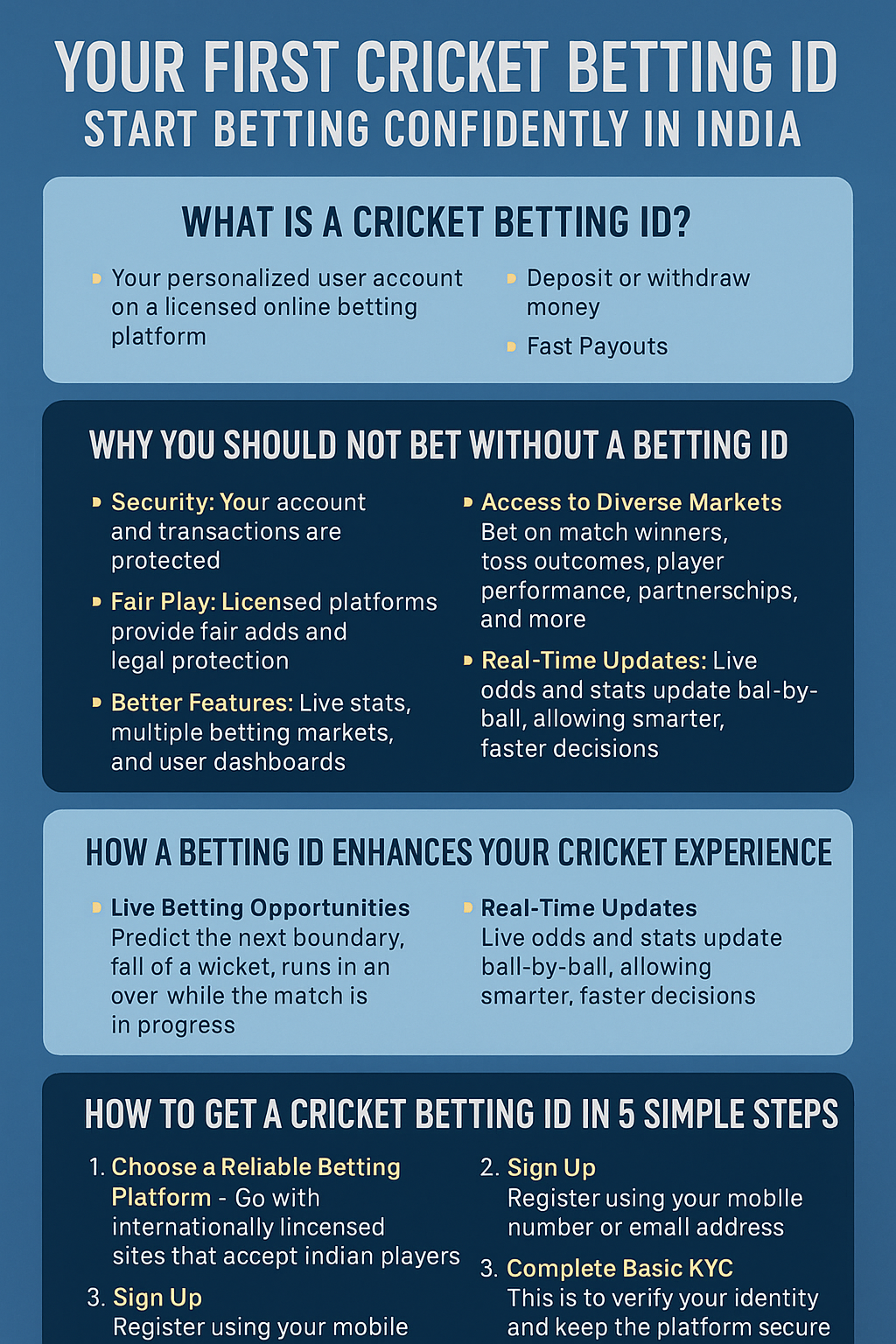Top 7 Tips to Sell Gold Jewellery Without Getting Scammed

If you want to sell gold jewellery, you need to be careful. Gold is valuable, and many people are looking to take advantage of sellers who don’t know what they’re doing. Every year, people lose money because of scams. But the good news is this: if you follow the right steps, you can sell your gold safely and get a fair price. This guide will help you do just that.
1. Understand Your Gold’s True Value
Before you sell, you must know how much your gold is really worth.
a. Get Your Gold Appraised Professionally
Always go to a trusted appraiser. They will check the weight, purity, and condition of your gold. Avoid online tools that give instant prices. These tools are often wrong and can mislead you.
b. Learn About Karats and Purity Levels
Gold purity is measured in karats:
-
24K is pure gold (100%)
-
18K is 75% gold
-
14K is 58.3% gold
The higher the karat, the more valuable your jewellery is. Know what you have so you can ask for the right price.
c. Check Recent Market Prices
Gold prices change every day. You can find the current rate on financial news websites or gold tracking apps. Don’t accept offers much lower than the current price.
2. Know Where & How to Sell
Where you sell your gold can affect how much you get and how safe the process is.
a. Consider Reputable Dealers and Jewellers
Look for licensed dealers with good customer reviews. Local jewellery shops that have been in business for many years are often a safer choice than someone who approaches you online.
b. Use Certified Online Platforms
Some websites let you sell gold online safely. Choose platforms that are verified and have strong reviews. Check if the site offers insurance and a return policy in case you change your mind.
c. Attend Gold Trade Shows or Fairs
Trade shows are good places to meet real gold buyers. You can speak face-to-face and ask questions. Only attend events organised by trusted companies or industry groups.
3. Verify the Buyer’s Credentials
Before you hand over your gold, make sure the buyer is real and trustworthy.
a. Ask for Identification and Licensing
All legal gold buyers should have a license or registration. Ask to see their ID and any required business documents. Never agree to sell to someone who refuses to share this information.
b. Check for Customer Reviews and Ratings
Search the buyer’s name online. If they have many good reviews, it’s a good sign. If you see complaints about scams or poor service, look elsewhere.
c. Don’t Rush the Deal
Scammers want you to act quickly. Take your time. Read everything carefully before signing any documents or agreeing to a price. If something feels wrong, stop and do more research.
4. Be Aware of Common Scams
Scams are often very clever. Knowing about them can help you avoid them.
a. Fake Gold or Low-Ball Offers
Some buyers might say your gold is fake or offer a very low price. Always check your gold’s purity with an appraiser before selling. This way, you’ll know if the buyer is being honest.
b. Overpayment Schemes
In this scam, the buyer gives you a cheque for more than the agreed price and then asks for a refund. Later, the cheque bounces, and you lose money. Always wait for cheques to clear before handing over your jewellery.
c. Phony Buyers with Fake Websites
Some scammers set up fake websites that look real. They ask you to send your gold, but you never hear from them again. Check the website’s security and read online reviews. Stick to well-known, trusted platforms.
5. Use Safe Payment Methods
How you get paid matters. The wrong payment method can lead to problems.
a. Prefer Bank Transfers or Certified Cheques
These are safer than cash or wire transfers. Bank payments leave a clear record and are harder to fake. Certified cheques are also more secure than personal cheques.
b. Avoid Wire Transfers with Unknown Buyers
Scammers often use wire transfers. Once the money is sent, it’s hard to get back. Only use this method if you know the buyer well and trust them.
c. Get a Receipt for Your Transaction
Always ask for a detailed receipt. It should include the buyer’s name, your gold’s description, the amount paid, and the date. Keep this document in case there is a dispute later.
6. Protect Your Physical Gold
Your jewellery must stay safe from the moment you decide to sell until the sale is complete.
a. Store Gold Securely Until Sale
Keep your gold in a safe place like a home safe or a bank deposit box. Don’t carry it around unless necessary.
b. Avoid Sharing Detailed Info on Social Media
If you post about your gold online, scammers may target you. Don’t share photos, details, or plans to sell on social media.
c. Count and Inspect Your Gold Before Selling
Check every item before you go to sell. Make sure nothing is missing or damaged. Take photos as proof, and double-check your list with the buyer.
7. Know Your Rights and Legal Protections
Laws protect gold sellers in many places, but you should know what those protections are.
a. Understand Consumer Protection Laws
Check your local rules about selling gold and precious metals. In Australia, for example, gold buyers must follow strict rules to protect sellers. Learn what they are, so you can take action if needed.
b. Keep Detailed Records of Transactions
Save copies of appraisals, messages, emails, receipts, and contracts. These records will help you if there’s a problem or if someone tries to cheat you.
c. Consult Professionals for Big Sales
If you’re selling gold worth a lot of money, consider hiring a lawyer or financial advisor. They can help protect your interests and make sure everything is legal.
Conclusion
Selling gold jewellery doesn’t have to be risky. If you understand your gold’s value, check the buyer’s background, and follow safety steps, you can avoid scams. Always trust your instincts—if something feels wrong, stop. Being careful and informed helps you get the best value while staying safe.
Remember, your gold is valuable. So is your peace of mind. Protect both by following these 7 smart tips when you sell gold jewellery.







